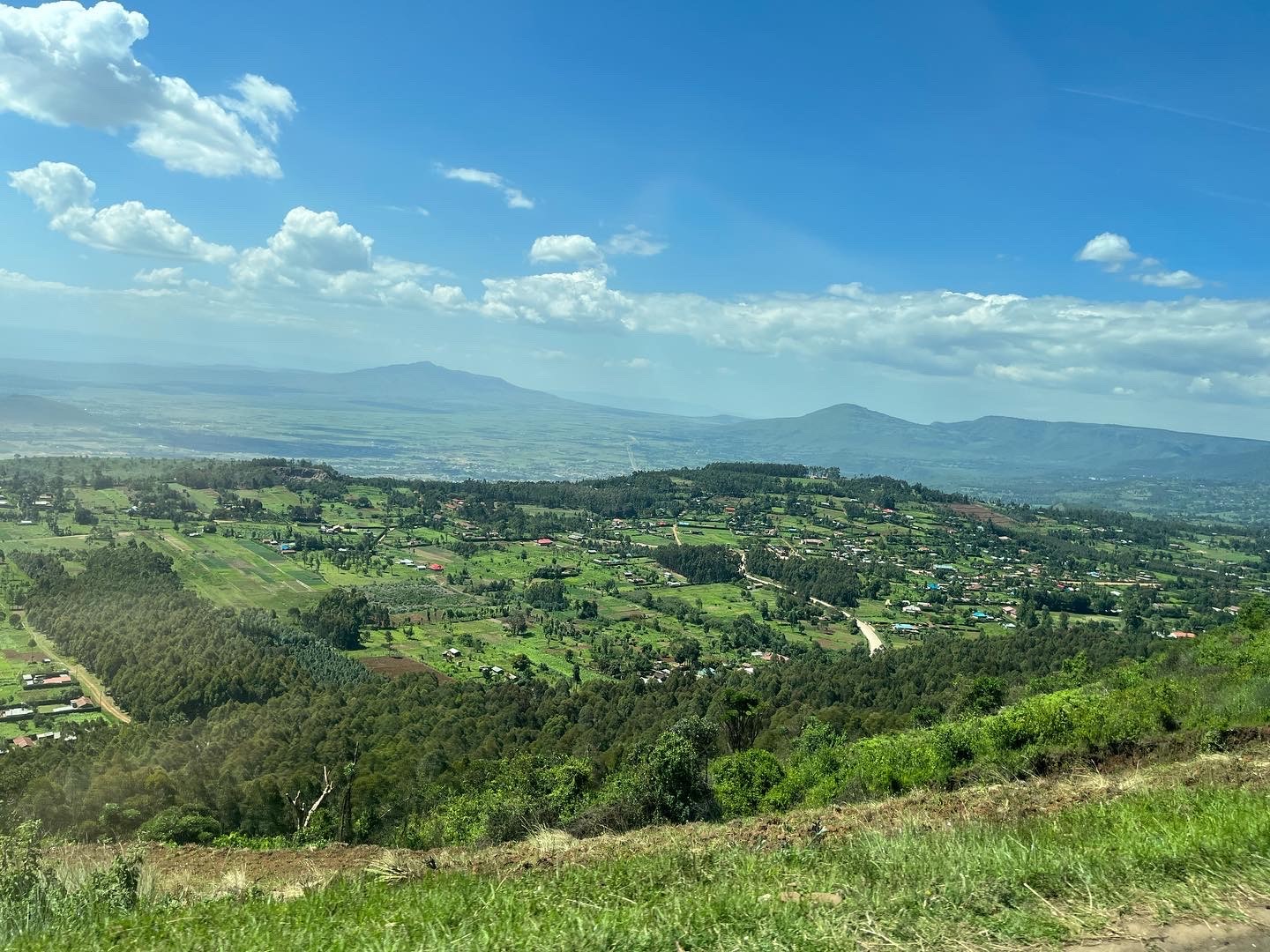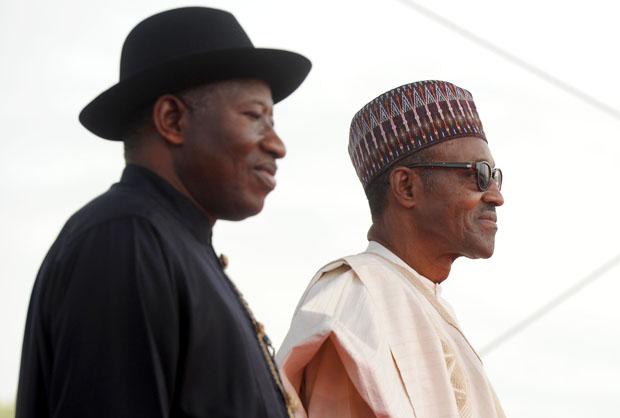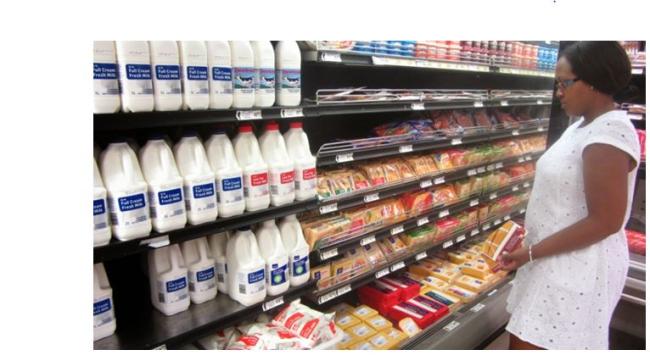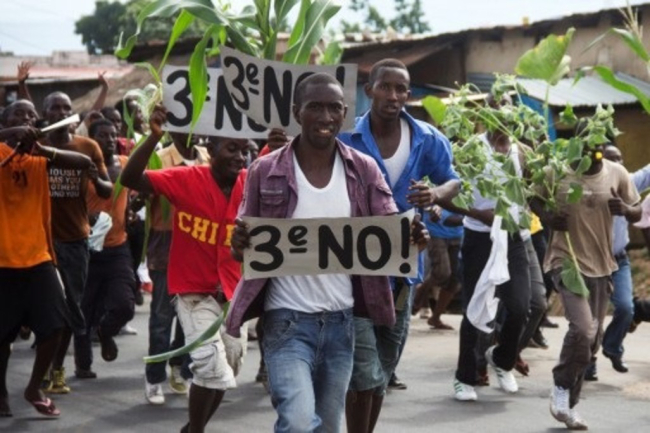Sub-Saharan Africa
Sub-Saharan Africa is not monolithic. While crises in the Sahel have attracted a great deal of attention, other regions also need to be monitored, and not just through the prism of security.
Related Subjects

Anglo-Kenyan Relations (1920-2024) : Conflict, Alliance and a Redemptive Arc

This article provides an evidentiary basis for postcolonial policy in its analysis of Anglo-Kenyan relations in a decolonization era.
Determinants of Japan’s ODA Allocation in Africa
The debate on emerging donors raises a question whether traditional donors really follow their own ODA (Official Development Assistance) policies or not. This paper addresses the question by investigating Japan’s adherence to its own ODA policies.
Sustainable Electrification for Asia and Africa
Complementary solutions to national grid extensions let hope for significant improvements in the field of energy access, consistent with current economic and environmental challenges. This Note explores the regulatory and economic prerequisites that must be enhanced in order to support the emergence of mini-grid and off-grid technologies.

Understanding African Migrations
Movements of African people, being within their countries, on the continent or heading Europe, have numerous and ancient causes. The term “migration” covers a plurality of situations with many internal as well as international implications. Therefore, reasons to migrate deserve a careful analysis. One cannot tackle such a phenomenon through mere border control policies or their externalization, as the European Union seems inclined to do.
Robust Containment: French and US Security Policies in Africa
Although the United States is less active in Africa than France, their security policies on the continent often have shared objectives and are sometimes pursued jointly. While the urgency of humanitarian crises has been at the centre of foreign interventions for a long time, now it tends to give way to the terrorist threat.
Nigeria: From Goodluck Jonathan to Muhammadu Buhari
Nigeria has experienced a political changeover due to the presidential and parliamentary elections on 28 March 2015, enabling Muhammadu Buhari – a retired general who was in power between 1983 and 1985 – to return to office. The deadline of 2015 represented for him a fourth attempt after his consecutive failures in the 2003, 2007 and 2011 presidential elections.
Identifying the Middle Classes: Diversity, Specificities and Consumption Practices Under Pressure
The international viewpoint on the African continent has profoundly changed in the last decade. Images advertised by the media drifted from afro-pessimism - the sad fate of Africa (wars and poverty) - to afro-optimism - a brighter future for the continent.

Rwanda: How to Judge Genocide?
The extraordinary nature of the 1994 massacres in Rwanda gave rise to the need for “complete justice”, operating judicial processes on several levels.

Ethiopia, an African Power?
For a long time, Ethiopia was the only African country to escape colonization, but over recent decades the country has suffered a string of economic crises, a violent revolution, and Eritrea’s secession. The current government launched a massive development plan which is starting to show sign of improvement.
DRC : Fluid Mechanisms. Political Reorganization Just Before the 2016 Elections
The Democratic Republic of Congo (DRC) is currently at a key moment in its political history. Careful observation of the changes in the Congolese political landscape is necessary to grasp the nuances, challenges and opportunities, with regard to a peaceful political changeover which is a condition for lasting peace.
Burundi: Unravelling the Peace
Since achieving independence in 1962, Burundi has experienced several episodes of civil war, the last of which came to end when the Arusha Accord was signed in 2000. The gradual return to peace in the wake of the Arusha Accord has been jeopardised by Pierre Nkurunziza’s announcement on 25th April 2015 that he would stand as a candidate for the presidency.
Support independent French research
Ifri, a foundation recognized as being of public utility, relies largely on private donors – companies and individuals – to guarantee its sustainability and intellectual independence. Through their funding, donors help maintain the Institute's position among the world's leading think tanks. By benefiting from an internationally recognized network and expertise, donors refine their understanding of geopolitical risk and its consequences on global politics and the economy. In 2024, Ifri will support more than 70 French and foreign companies and organizations.

















